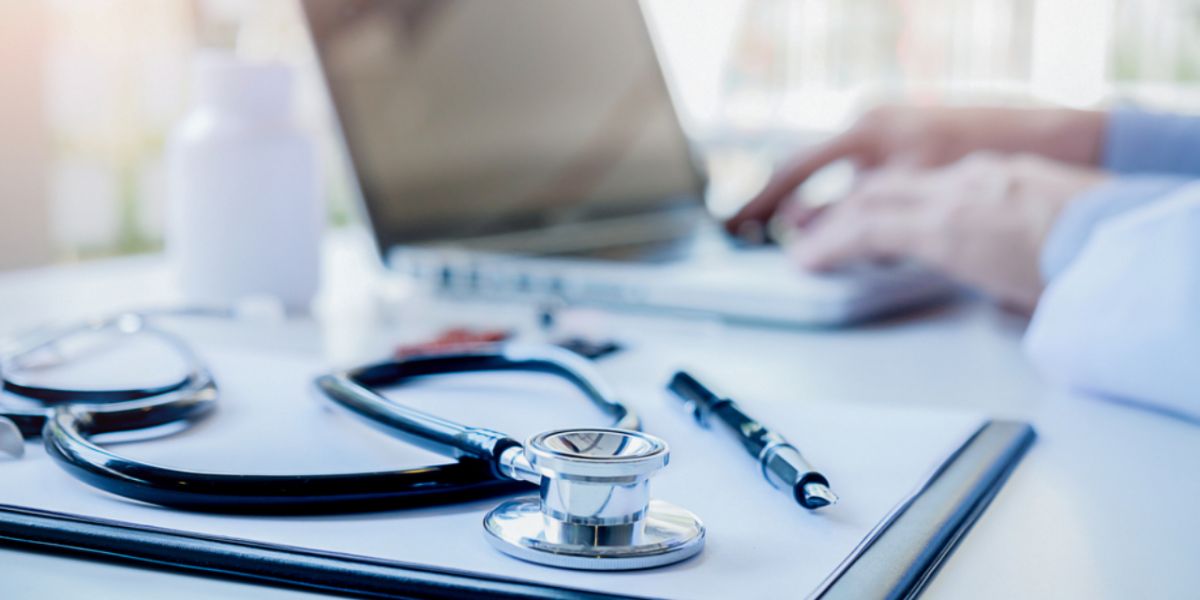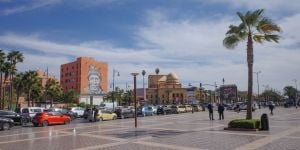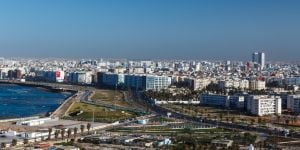
Before you move to Morocco, seek information on the necessary vaccinations to be done before you travel. No specific vaccination is recommended, but you must be up to date in regard to pandemic vaccines including tetanus, diphtheria, typhoid, hepatitis A and B, as well as cholera and polio in terms of prevention. You are strongly advised to be vaccinated against rabies if you are staying in a rural area in Morocco. Overall, there aren't major diseases spreading in the country, but take proper precautions.
General recommendations
Be aware that water and food-related diseases such as traveller's diarrhoea, typhoid, and intestinal parasites are very common in this region of Africa. However, beware where you choose to eat, as some places may not apply strong hygiene measures. For precaution, avoid red meat, cook chicken at your home and buy it from clean butcheries or supermarkets. Also, avoid eating fish in restaurants near the coast when the weather is foul; I,e, there won't be much fresh fish on the market that day so restaurants will instead rely on stocked frozen fish which can upset some stomachs. Do not drink tap water in rural areas, and be careful about eating uncooked food. Tap water is safe to drink in developed cities, but some dislike the taste and prefer to buy bottled water. And if you're cooking a meal, make sure you wash and clean the vegetables and other ingredients thoroughly.
Remember to protect yourself against the sun and heat. Wear hats and sunglasses whenever you go out as ultraviolet rays are strong in Morocco. Always apply sunscreen.
Public and private systems in Morocco
Morocco has both public hospitals and private clinics. Expats generally avoid the public hospitals, as the wait times are very long, and the care is usually of worse quality than in private clinics. Private clinics are less affordable, but the service is better. You can also visit doctors' office, for cases that are not very bad. You will find doctors in general medicine and specialized, who don't charge much consultation and treatments (compared to clinics). Every major city in Morocco has at least one public hospital, with university hospitals in some. There are also provincial and sometimes prefectural hospitals, as well as infirmaries.
Good to know:
The Moroccan healthcare system is similar to in France, where patients must go to clinics outside of the hospital for certain tests or services. Medications are usually bought in local pharmacies.
Health insurance in Morocco
Although the health system is accessible to expats, insurance is provided mainly by employers. Most companies pay for their employees to receive health benefits, many of which opt for the AMO (mandatory health insurance) which, many complain, comes with bad service. Some more complex treatments may be challenging to access in the country. Receiving compensation for medical care can also require multiple visits to the insurance agency. Consider subscribing to health insurance in your country before starting your expatriation project.
The AMO is usually covered by social security, and there is also the RAMED, a health insurance program design to support those in dire financial difficulty. You can also opt for a personal health insurance policy (not through your employer) at one of the many private insurance companies, but expect to pay a monthly fee.
Good to know:
The current Moroccan health care system is not very developed. However, the Moroccan government has initiated a reform process to strengthen the system and improve the quality of services provided to residents and expatriates.
We do our best to provide accurate and up to date information. However, if you have noticed any inaccuracies in this article, please let us know in the comments section below.











